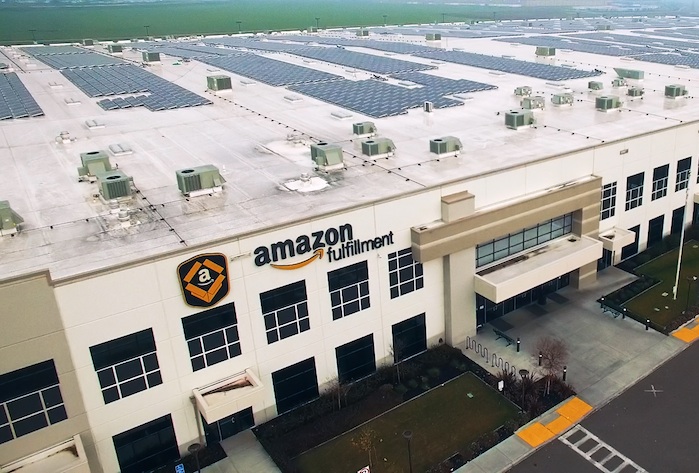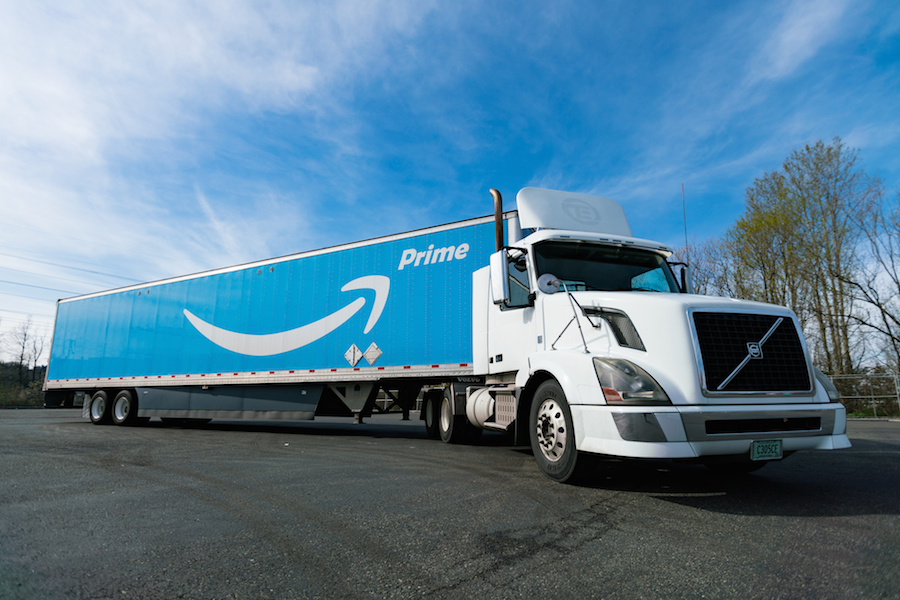The e-retailer giant Amazon raised eyebrows last month when it purchased the national grocery chain Whole Foods for $13.4 billion. Amazon it seems will continue to blur the lines between digital and physical retail.
What does that mean for brick-and-mortar alcohol retailers? Should they fear whatever Amazon has planned next for Whole Foods? After all, the grocery store chain is known for its alcohol retail sections that specialize in local and craft products.
For answers to that question, we recently spoke with Tucker Herndon, a partner at Burr & Forman (Nashville, Tenn.) who works with clients in the beverage industry on regulatory compliance and licensing matters. Here’s what Herndon had to say:
StateWays: From an alcohol perspective, what could Amazon be up to with the Whole Foods deal?
Tucker Herndon: Now that Amazon has the logistics in place with a system of chain grocery stores in multiple states, I think you will see them move towards the ability to sell and distribute alcohol straight to the consumer. If you want to buy a bottle of Woodford Reserve or a cab sauv, you will be able to call your Dominoes delivery guy and ask him to grab you that as well with your pizza.
Now, we’re not there yet. There is still the legal issue of ‘wine in grocery stores’, by which I mean the ability for grocery stores to sell high-ABV beverages. But now there are a lot of lobbying efforts behind that, with major players like Amazon, Wal-Mart and Kroger. And I think they will win, because cash is king. They’ll argue that if retail alcohol stores have the ability to cary high-gravity alcohol, then why shouldn’t grocery stores.
I don’t think this will happen in the next 12 to 24 months. But within the next five years, it’s definitely going to happen. Five years ago, when grocery stores were trying to get wine and liquor on their shelves, there was just a small group of people behind it. Yes, some of them had ties to big box stores, but it wasn’t a huge push.
Now that you have one more player behind it — and it’s a big player in Amazon, who’s eying an extremely lucrative market — you will see an even stronger push for changes. Because what’s a million bucks in lobbying fees for Amazon? That’s a rounding error for them.
SW: Wouldn’t direct distribution encounter issues with point-of-sale (POS) requirements?
TH: The POS argument, at least in Tennessee, is that when you buy alcohol you have to go in person to your local package store to pick it up. But where does the POS transaction really occur if you point and click on your phone to buy something? Is the POS now online? So you have to hash through all those issues as well.
But once they get past that, any big company with the logistics like Amazon should have a turnkey operation to deliver alcohol directly to the consumer.
SW: How would Amazon’s potential setup affect the three-tier system?
TH: The question is: will the three-tier system go away? The system has already been eroding. In Tennessee, it used to be that alcohol wholesalers had to be local and state residents. Then that went away when Berkshire Hathaway purchased wholesalers, and with wholesalers merging across the country.
The alcohol laws had been so favorable for so long for a small group of people. At some point those people were going to have to give out some pieces of their pie. The question is, how much are they willing to give away?
SW: What can smaller shops do to prepare for the worst-case outcome here?
TH: Adapt and be competitive. Learn how to market to Millennials. Be price-competitive.
Smaller chains have to market even more now to consumers. Everyone walks around with a smartphone nowadays, so figure out how you can transact business online on mobile. You’re going to have to cater to your specific clientele. You’ve got to adapt and embrace technology. You’ve got to understand Millennials and apps, because those will be your biggest source of sales.
SW: Should stores invest in app technology?
TH: Absolutely. Invest significantly. Of course, that’s always a question for small businesses. The cost of technology is significant, but yearly returns become much higher once the product catches on. But you need to learn how to market it.
One of the biggest mistakes I see small businesses make is to investment significantly in technology and then leave it in the hands of lower-level staff.
SW: In our sister magazine’s recent BARC conference, someone suggested allowing even part-time employees to handle social media. Do you disagree?
TH: I think you can hire a third-party company to do your social media. It will cost significantly less than if you put part-time staff on it, because the overhead will not be that much. You can do a couple of face-to-face meetings each week with the marketing company and tell them about your new products.
Remember, these people are in digital marketing because they’re good at it. If you put a part-timer on it then they might have some fun with it and make some good connections. But you need someone who knows the appropriate marketing techniques to get those high numbers of hits and likes and to get people downloading your app.
The quicker you can get to 1,000, 10,000 and 100,000 downloads, and the more user friendly your product is, the quicker the return on your investment will be.
SW: Will the fact that alcohol laws differ so greatly across states delay Amazon?
TH: The majority of states definitely have different liquor laws, but they all have the bifurcation of the system. And they tend to follow one another when it comes to updating and changing laws. Once the lobbyists start getting the ‘wine in grocery stores’ laws changed in one state, I think you’ll see it get passed in more states.
SW: What’s the overall big picture takeaway here?
TH: I think that at the end of the day, what most people do not understand about the whole Whole Foods acquisition is that it’s more than just the grocery stores. It’s about having the bricks-and-sticks storefront that allows Amazon to deliver in major metropolitan areas.
Now, instead of having warehouses 40-to-50 miles outside of cities, where it would take a couple of days to deliver a product to the consumer, Amazon can run all of its delivery services much, much quicker in metropolitan markets. They just acquired the foundation for that.
Kyle Swartz is managing editor of StateWays magazine. Reach him at kswartz@epgmediallc.com












[…] For the full interview, you may click here. […]